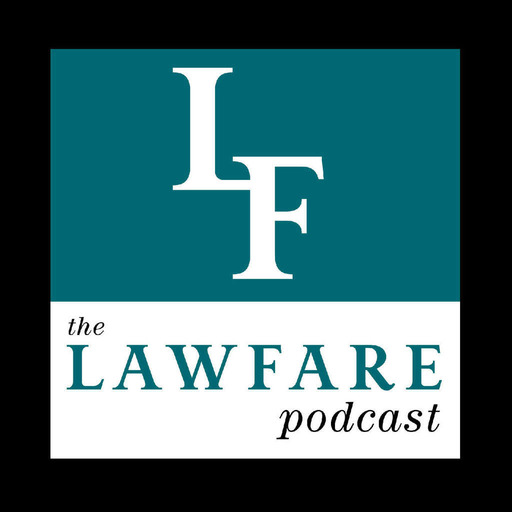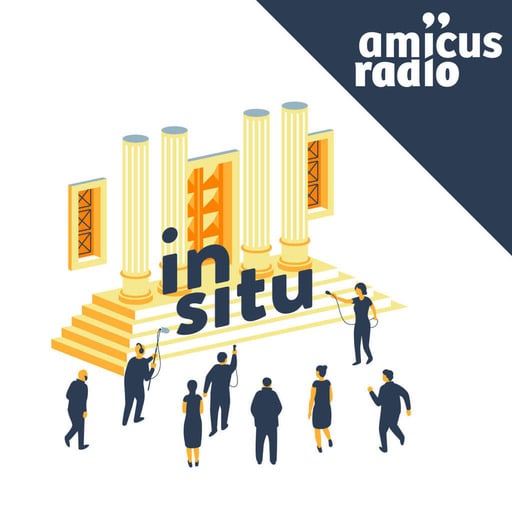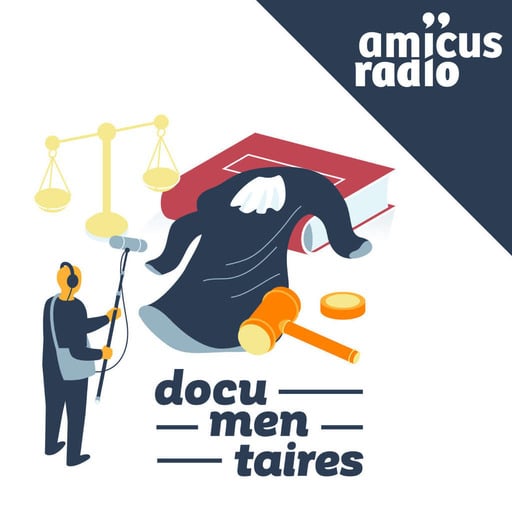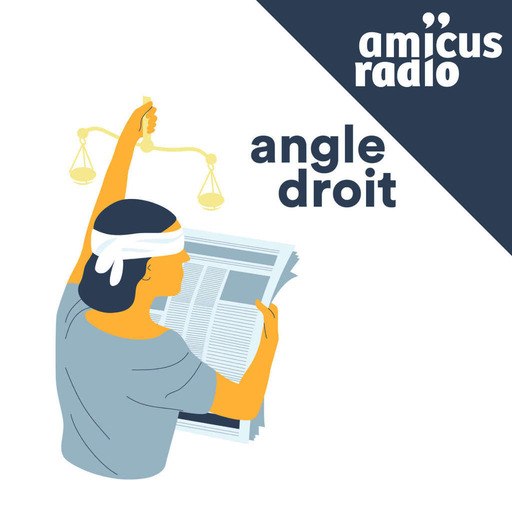We live in the Disinformation Age. The internet has revolutionized our information ecosystem and caused disruption totally unprecedented in human history, and democracy may not survive. ... Just like it didn’t survive the television, radio, telegram and printing press before it. Right?
When it comes to talking about the internet, all too often history is either completely ignored with bold claims about how nothing like this has ever happened before—or it’s invoked with simple analogies to historical events without acknowledging their very different contexts. As usual, the real answer is more complicated: talking about history can inform our understanding of the dilemmas we face today, but it rarely provides a clear answer one way or another to contemporary problems. This week on our Arbiters of Truth series on our online information ecosystem, Quinta Jurecic spoke with Heidi Tworek, an associate professor at the School of Public Policy and Global Affairs and History at the University of British Columbia. In a recent essay, she made the case for how a nuanced view of history can better inform ongoing conversations around how to approach disinformation and misinformation. So how do current discussions around disinformation leave out or misinterpret history? What’s the difference between a useful historical comparison and a bad one? And why should policymakers care?
Support this show http://supporter.acast.com/lawfare.
Hosted on Acast. See acast.com/privacy for more information.


 Emissions
Emissions











